





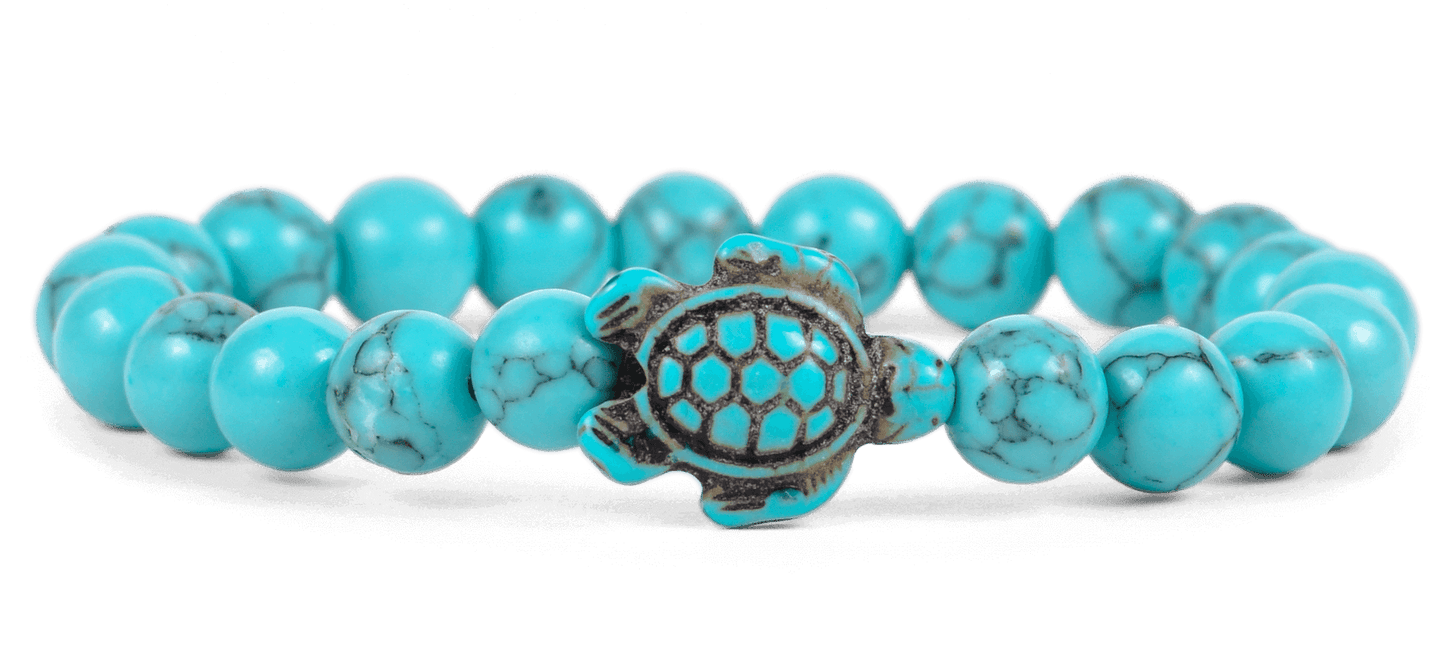

Each Bracelet Comes with
a Real Sea Turtle to Track
Each Bracelet Comes
with a Real Sea Turtle
to Track
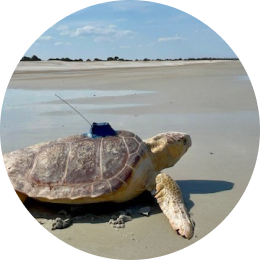
Meet your sea turtle
and learn their story
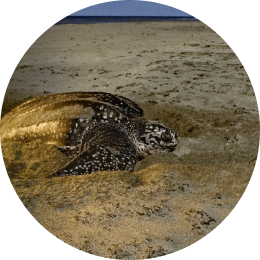
Reveal exclusive photos, stats, and updates along the way
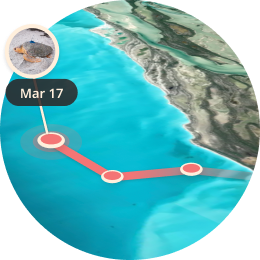
Follow their path on an
interactive tracking map
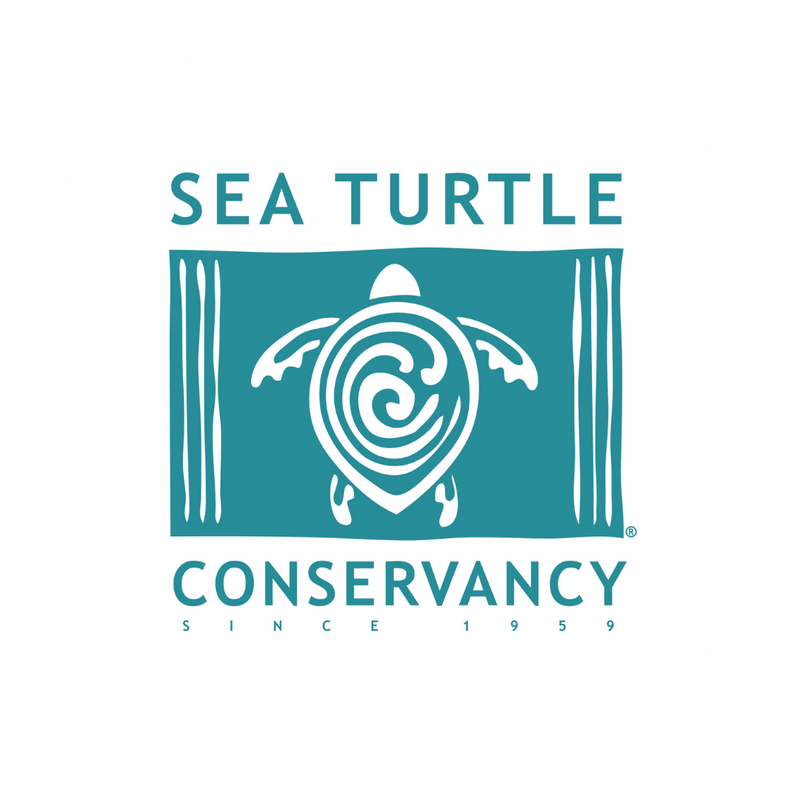
In partnership with
Sea Turtle Conservancy
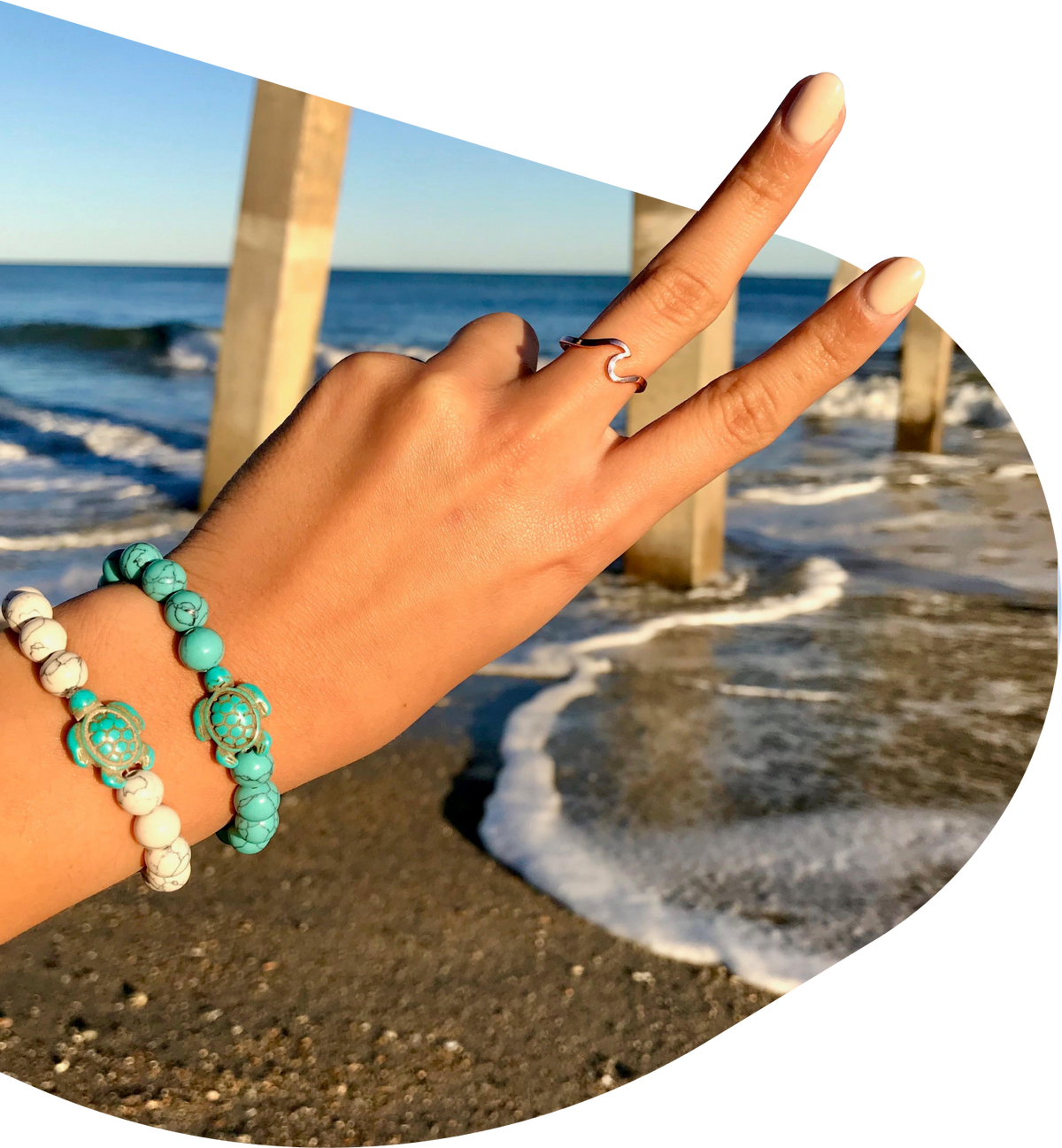
Made in partnership with Sea Turtle Conservancy and their work protecting endangered sea turtle species. Fahlo's goal is to help further their mission, tracking loggerhead, leatherback, hawksbill, and green sea turtles.
One small bracelet.
One big mission.
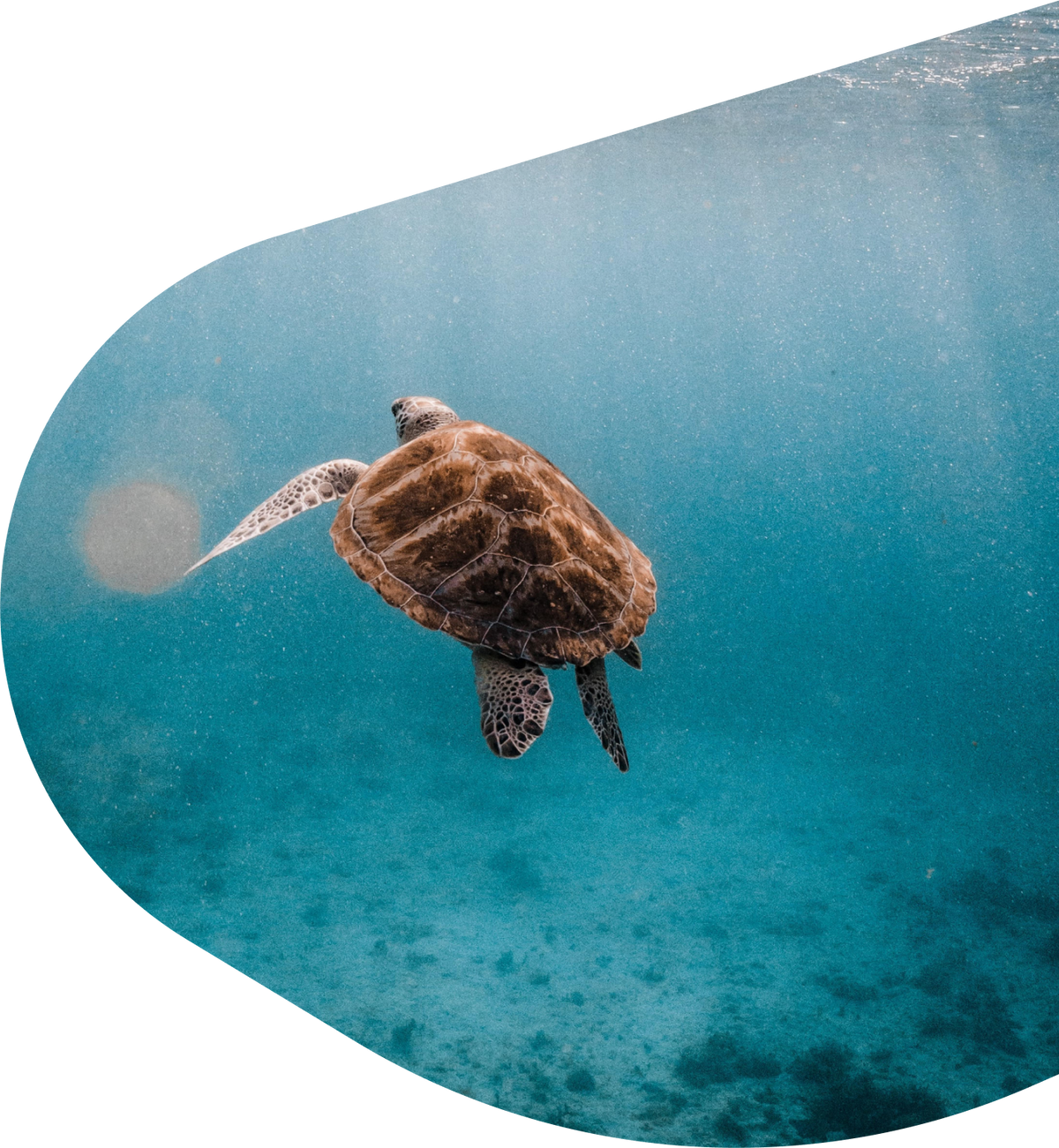
Common Questions
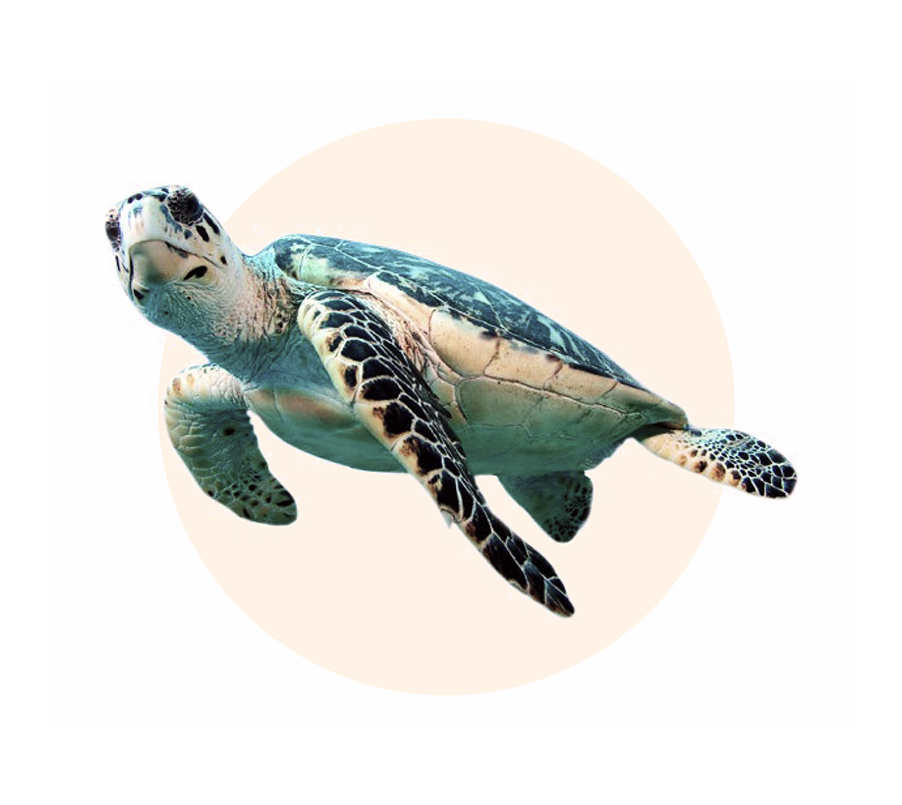








 This animal’s safety guarded with the Fahlo Protection Ping™
This animal’s safety guarded with the Fahlo Protection Ping™ Add 3 or more bracelets and get free shipping!
Add 3 or more bracelets and get free shipping! Fahlo donates 10% of all profits to our nonprofit partners
Fahlo donates 10% of all profits to our nonprofit partners Sizing: Elastic, one size fits most
Sizing: Elastic, one size fits most SSL Secure Checkout
SSL Secure Checkout Worldwide Shipping
Worldwide Shipping Dedicated Customer Service
Dedicated Customer Service 100% Happiness Guarantee
100% Happiness Guarantee